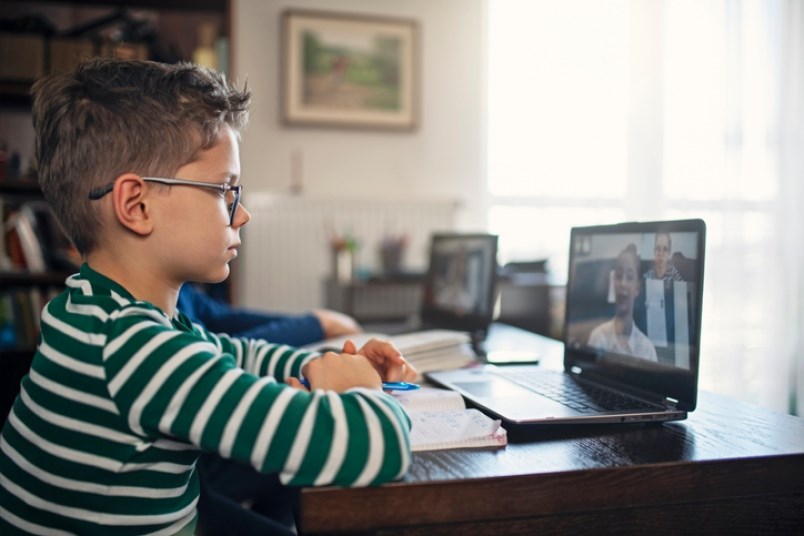Kids might be thrilled to have an extra week or two of spring break while B.C.’s education system makes the transition to virtual learning so kids can work at home to preserve physical distancing during the COVID-19 pandemic.
Parents? Not so much.
It’s tough for those who are both working at home and caring for kids at the same time, and especially frustrating for those emergency responders juggling daycare. They have important work to do in hospitals, fire halls and police stations, and are likely worrying about their kids, too, while they wait for arrangements to be made for their care in freshly-cleaned schools, something that should happen, at least in Coquitlam school district today.
For all other classroom instruction, the province’s expectation is that it must be in place April 15. And while many teachers are starting to communicate with kids earlier, that timeframe from Education Minister Rob Fleming is a long time for kids to be out of school.
No one wants to say principals and teachers and administrators are taking too long to give students their marching orders, after all it is important work they do. But this introduction to virtual learning, along with the extremely low expectations of classroom work, must be hard for some parents to fathom.
As school districts across B.C. are finalizing their budgets this month, many must be wondering where all their hard-earned tax dollars are going while kids stay at home texting their friends, watching YouTube and playing video games instead of learning their ABCS’ and 123’s.
Granted, it takes time to move a giant bureaucracy. To watch this from one’s laptop, it appears that transitioning the education and health care systems to cope with the pandemic is a huge undertaking, and must be like doing an e-break turn with a B.C. ferry, all screeching and lurching, sound and fury, until eventually the ship is headed along the right path.
Nobody said dealing with a pandemic would be easy.
But some must be wondering how prepared our government bureaucracies are for an emergency if it takes this long to get a virtual classroom and supports up and running.
As well, with B.C.’s flattening COVID-19 numbers, is it time to think of easing restrictions? Perhaps, for example, it might be possible to allow children under 11 to return to school before the end of the year.
Maybe not, but these changes are challenging and educators are surely earning their salaries now as they figure out how to make B.C. students strong, and resilient enough to withstand this global pandemic.
What parents are being asked to remember, especially for the little ones, is that providing a calm, supportive space for kids is all that’s really necessary, while teachers present the nuts and bolts of instruction, and there are many other ways to learn besides doing worksheets.
Still, for many others, especially those cast out of workplaces within days of provincial lockdowns to survive on $500 a week Canadian Emergency Response Benefits, the slow pace of change in the education system while it adjusts to the new virtual reality must be especially bewildering.



